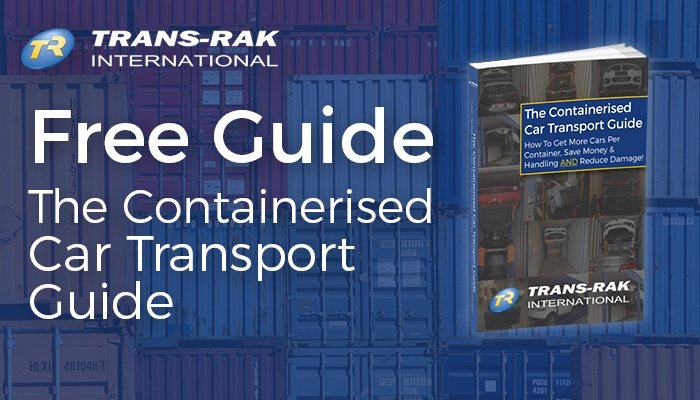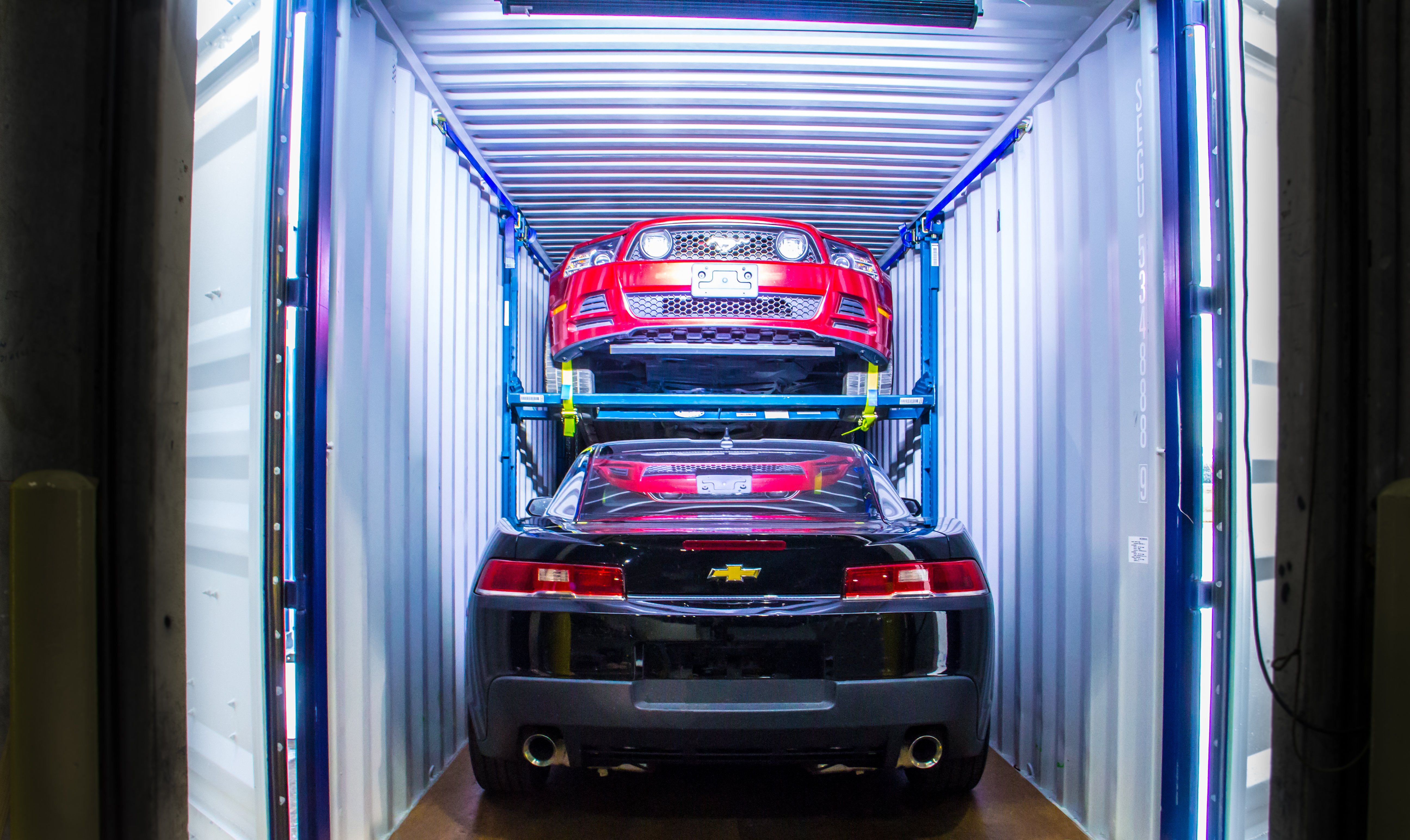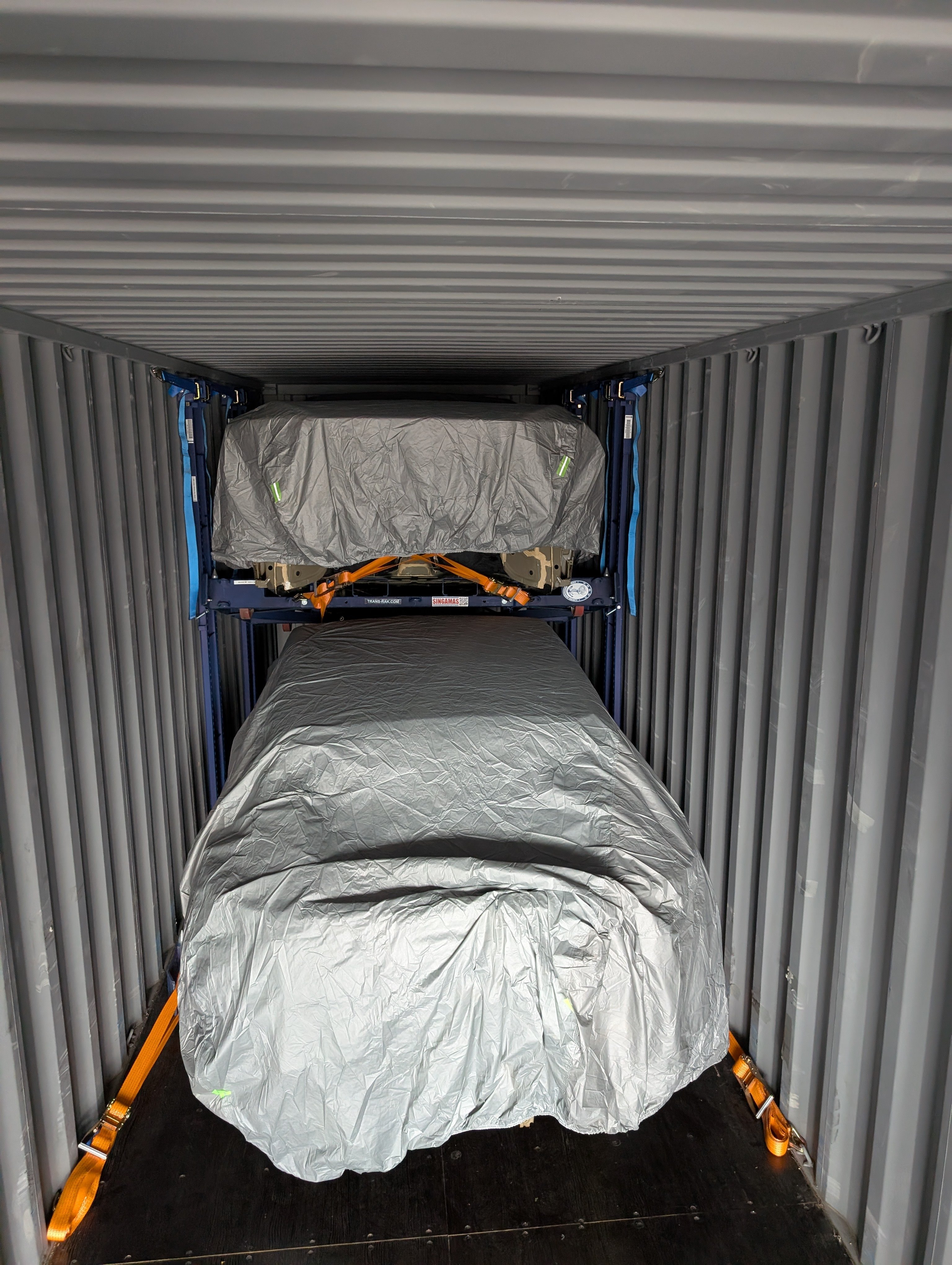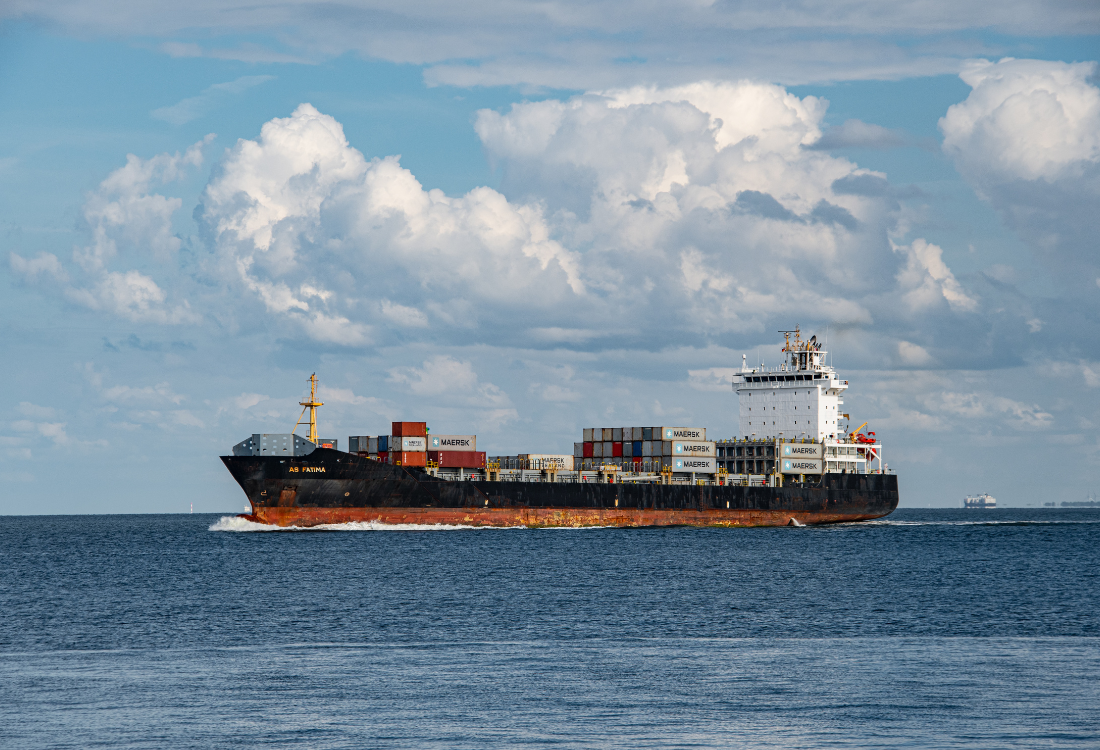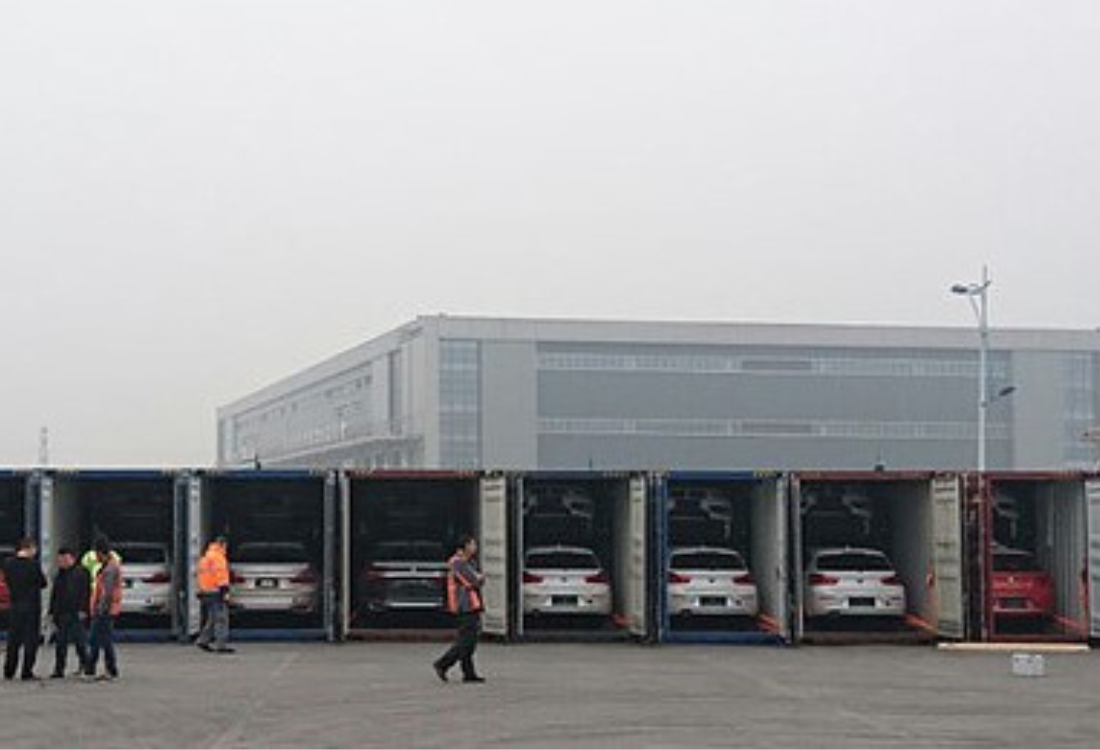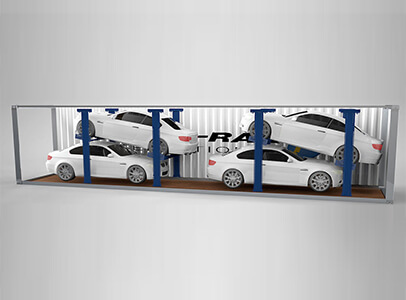
The car transport business and roll-on-roll-off shipping have a long, and troubled, history. Until recently, it has been a burden stoically borne. With no other options available, vehicles have retained the dubious honour of being “that” awkward package that is simply impossible to wrap. However, one tantalising possibility has emerged, and it promises to do the unthinkable. Can shipping containers really carry cars in a safe, cost-effective, and practical way?

Shipping Containers and Cars: An Unhappy Union?
Containerisation, as it is termed, traces its history to 1956. This was an era where the majority of car manufacturing was located in the same country as the market. Travel to America, and you’d enter a land of Chevrolets, Oldsmobiles, and Buicks. Hop on the square-windowed DeHavilland Comet to Europe, and you’d find a landscape populated by Audis, Citroens, or – if you took the ferry over to England – Minis and Land Rovers. People bought local. The idea of sending large quantities of cars across the ocean was, at that time, absurd.
How Many Cars Can You Ship In One Container?
As such, containers and cars never really hit it off. Like ships in the night, their industry developments headed off along different trajectories. As such, the maximum number of vehicles that the standard 40ft container can transport is usually two, which is neither practical nor cost effective.
Transporting two cars is simply not a good use of the potential space of the container. As a result, roll-on-roll-off (RORO) has become the norm. This Victorian invention was revolutionised by the Japanese during the 1960s as a way of traveling between the nearly 7,000 islands of which the country is formed. It was an idea that was then rolled out on a global scale. Since then, nothing has changed.
Or has it?
RORO shipping is so widely accepted that there has been limited incentive to innovate in the realm of container vehicular transport. The downsides of RORO – which include high damage rates, multiple points of handling, exposure to the elements, slow transit times, and restrictions on shipping lanes and ports – have been grudgingly accepted as part and parcel of the automotive engineering transport business. Very few have ever stopped to wonder whether RORO really is the only option, or whether the multimodal container can offer a more practical solution. That is, until now.
An Evolution in Innovation
One of the reasons that this situation has perpetuated is that early innovation was lacklustre. The first attempts to make frames inside containers were constructed from wood. Flimsy, prone to breaking, and usually suitable for no more than a single journey, the idea quickly fizzled out. It therefore was not until the new millennium that a much more practical idea – reinforced steel frames that can be collapsed and re-used – saw the light of day. This development instantly doubled the capacity to four cars per container. For smaller cars in a 45 ft container, this number swells to six.
The new innovations, such as R-RAK, have as their starting point two core realisations.
Firstly, that containers offer the safest, fastest, and most cost effective way to get a product from A to B. This isn’t a sales pitch: it’s a basic fact.
Secondly, that the container space needs to be maximised in the most versatile way possible: being able to store cars of different shapes and sizes is imperative (we recently combined a Jaguar XJ, an XF, and two Range Rover Evoques into one 45ft container, for example). In the past, each of those vehicles would have travelled first-class in its own cabin. Now, we’re able to offer a safe, reliable, and comfortable economy option.
Overcoming Assumptions
For many years, there has been an assumption in the industry that containers can only carry two vehicles. This used to be the case. However, these numbers were limited by a lack of forward thinking. Containers themselves have the spatial capacity for many vehicles of all shapes and sizes. It’s simply a case of ensuring that the correct internal framework is available for utilising that space. To discuss your shipping requirements and find out how much you could potentially save, please get in touch with one of our technical sales team today.

